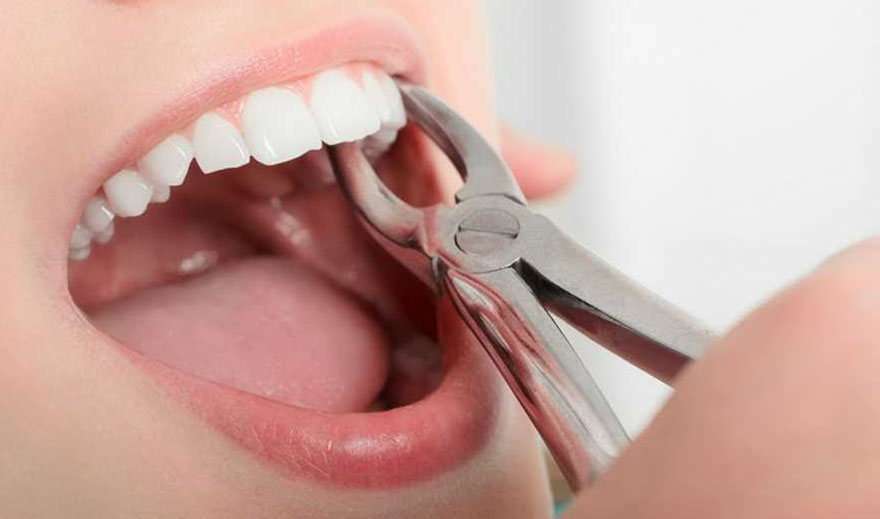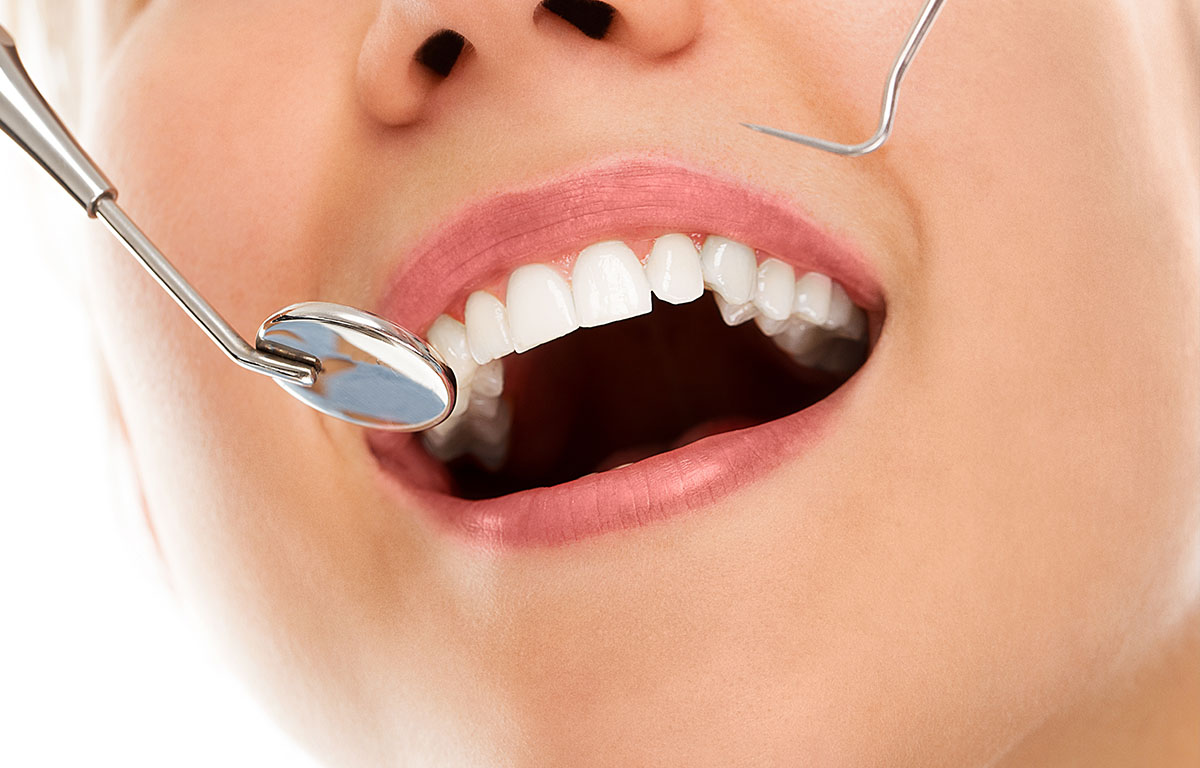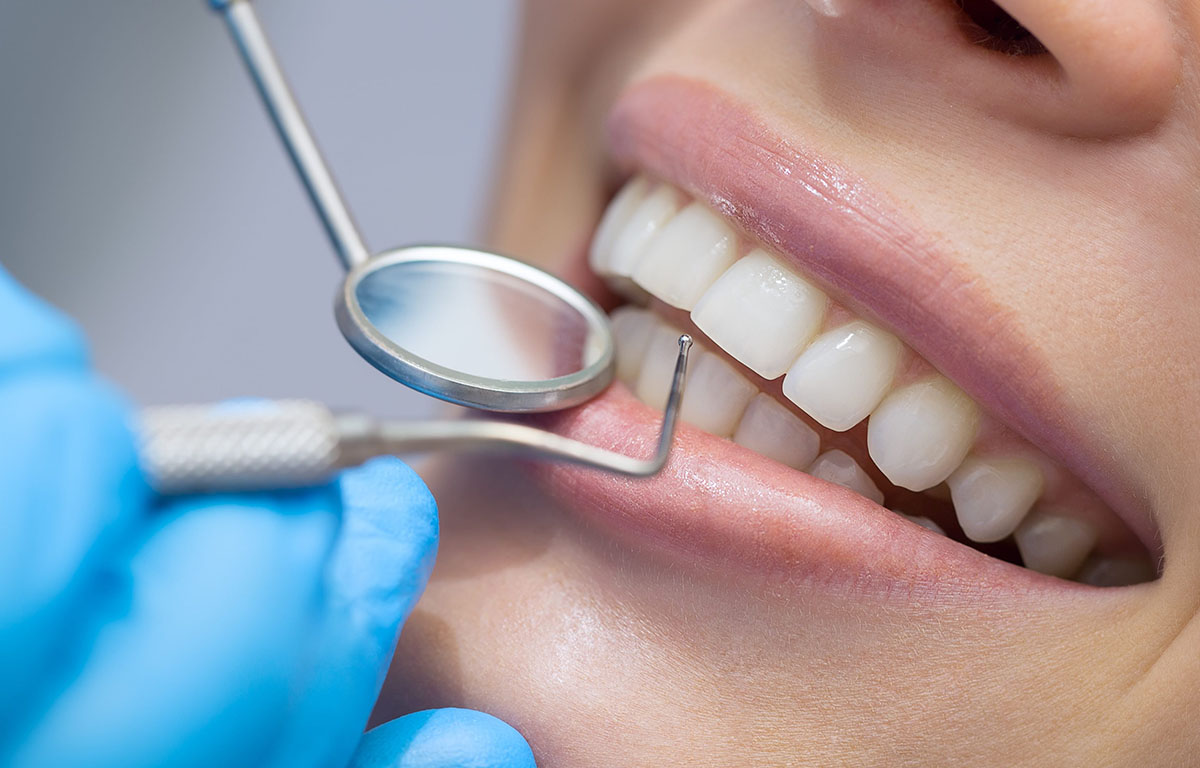
Teeth Extractions at Antalya Dental Hospital, Turkey
Teeth Extractions: What Are They, Benefits and Cost
Tooth extraction is the forced removal of a tooth, using special forceps.
this is when teeth cant be saved in many cases like severe broken teeth , impacted wisdom tooth, extremely moving tooth cases of crowded teeth.
Our Doctors are highly experienced in dental extractions and emergency complicated cases.
What to Expect During a Tooth Extraction
Why are teeth removed?
While many teens and some adults get their wisdom teeth removed, there are other reasons why tooth extraction may be necessary in adulthood.
Excessive tooth decay, tooth infection, and crowding can all require a tooth extraction. Those who get braces may need one or two teeth removed to provide room for their other teeth as they shift into place. Additionally, those who are undergoing chemotherapy or are about to have an organ transplant may need compromised teeth removed in order to keep their mouth healthy.
Tooth extraction is performed by a dentist or oral surgeon and is a relatively quick outpatient procedure with either local, general, intravenous anesthesia, or a combination. Removing visible teeth is a simple extraction. Teeth that are broken, below the surface, or impacted require a more involved procedure.
How much does a tooth extraction cost?
The cost for tooth extraction varies widely depending on whether the tooth is impacted. Simple extraction usually costs between $75 and $200 per tooth, and may be more depending on the type of anesthesia you need.
The cost to remove impacted teeth is significantly higher and can land anywhere between $800 and $4,000. Where you live can also impact how much you pay for the procedure, as many services are tailored to an area’s cost of living.
How to prepare for a tooth extraction
Before scheduling the procedure, your dentist will take an X-ray of your tooth. Be sure to tell your dentist about any medications you take, as well as vitamins, supplements, and over-the-counter drugs.
Tell your dentist if you will soon be treated for another medical condition with an intravenous drug called a bisphosphonate. If so, the extraction should be done before the drug treatment, or your jaw could be at risk for osteonecrosis (bone death).
Also, tell your dentist about any of the following conditions:
- a congenital heart defect
- diabetes
- liver disease
- thyroid disease
- renal disease
- hypertension
- an artificial joint
- damaged heart valves
- adrenal disease
- an impaired immune system
- a history of bacterial endocarditis
Your dentist may want to make sure all conditions are stable or treated before you undergo the tooth extraction. You might be prescribed antibiotics in the days leading up to the procedure if:
- your surgery is expected to be long
- you have an infection or a weakened immune system
- you have a specific medical condition
It’s helpful to keep the following in mind for the day of the tooth extraction in order to ensure quality treatment:
- If you will be receiving intravenous (IV) anesthesia, wear a short-sleeved shirt or loose-fitted clothing, and don’t eat or drink for six to eight hours before your appointment.
- Don’t smoke beforehand.
- Tell your dentist if you have a cold, as you may need to reschedule.
- Tell your dentist if you had nausea or vomiting the night before, which may require different anesthesia or rescheduling.
- If you’re receiving general anesthesia, have someone with you to drive you home.
Need more advice?
If you need free and impartial advice about your oral health, contact our Antalya Dental Hospital Helpline by email or call +90 242-999-1227 (local rate call in the Turkey).
Our Antalya Dental Hospital Helpline is completely confidential and has helped almost 20,000+ people. Contact our experts by telephone, email or online enquiry, Monday to Friday, 08:00 - 18:00.
Frequently Asked Questions About Dental Health
FAQs
Our FAQs are the most commonly-asked questions put to our Dental Helpline over the last year. If you have a question for us, you can ask our Dental Helpline by telephone or email. Alternatively, please take a look at our library of oral health information, which contains a wide range of oral health advice in an easy-to-understand Q&A format.
No. It is not true that pregnancy causes tooth problems through a lack of calcium, or that you will lose one tooth for each child you have.
Yes. However, because a ‘dead’ tooth is more brittle, you may need to have a crown to provide extra support and strength to the tooth.
Years ago it was normal for people to need fillings every time they went to their dentist, but things have changed for the better now. The dental team will now want to help you have, and keep, a healthy mouth and healthy teeth. Using a fluoride toothpaste will help to strengthen your teeth and prevent decay. Therefore, you may be surprised at how little treatment you need.
Teeth are for life and can last a lifetime if they are looked after properly. If you can get your mouth healthy, with the help of the dental team, you should need less treatment and there will be less for them to do in the future. It is important to keep up your regular visits to the dental team. The team will not just check for tooth decay, but will also help you prevent gum disease. Once your mouth is healthy, your visits to the practice will often just be easy sessions for checking and cleaning.
Once your teeth are clean, your dental team may need to treat the roots of the teeth to make sure that the last pockets of bacteria are removed. This is called ‘root planing’. You’ll probably need the treatment area to be numbed before anything is done. Afterwards, you may feel some discomfort for up to 48 hours.
Your Best Smile Starts Here
Follow along as Antalya Dental Hospital expert dentists share the latest oral health trends that impact you and your family’s overall health. Dentistry and Oral Health Blog is a rich source of information about dentistry, dental care, tips, news and more. Subscribe to our blog, newsroom and social media.







